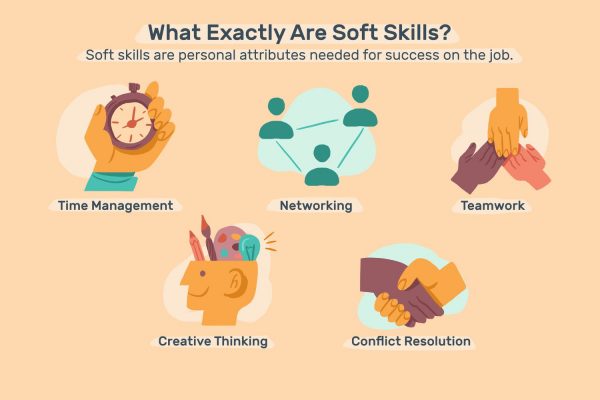The democratization of Artificial Intelligence and the recent surge in generative models have brought about significant changes. This includes the way we interact with machines.
Conversational models such as ChatGPT or Bard, and generative systems like Midjourney and Dall-e 2, are unpredictable and continuously learning.
As a result, the quality of answers obtained depends on the questions asked and how they are framed.
This has led to the emergence of a new profession: the “prompt engineer.”
These professionals are in high demand and are highly compensated. They are responsible for training AI with natural language and carefully scrutinizing search results to create the perfect “prompts.”
Companies such as EY, NTT DATA, Datasumi, and eDreams have already integrated this role into their organizations.
According to LinkedIn Jobs and other sources, there are currently over 10,000 job offers in Spain that mention “prompt engineering” for various positions, with approximately 100 explicitly seeking a “prompt engineer.” Most of these job openings were posted during April.
Based on the same sources, the corresponding salaries for these roles can range from around 95,000 euros per year in Spain to 300,000 in the United States.
Although this position is not yet present in the Serbian job market, it does not mean that there won’t be a change in client demand for this type of profession in the future.
The rise of the “prompt engineer” role in the field of Artificial Intelligence has garnered significant attention, with renowned experts such as Andrew Ng launching a new course called ChatGPT Prompt Engineering for Developers in collaboration with OpenAI, the company responsible for the series of GPT and Dall-e generative models, among others.
Co-founder of OpenAI, Andrej Karpathy, has coined the term “AI psychologists” to refer to these new professionals.
According to Karpathy, psychology can play a crucial role in the development and application of this technology.

Psychologists can provide insights into the human mind, cognition, behavior, and interactions, which may be fundamental to designing more effective, ethical, and user-centric AI systems.
As AI continues to democratize, we must consider what changes it will bring about. While there are various theories, one particularly fascinating one is that it will accelerate the “Era of Humanity” and the “fifth industrial revolution,” as described by authors Peter G. Kirchschläger and Marc Vidal.
“Prompt engineers” are just the first of many new jobs that will emerge in this exciting new era.




